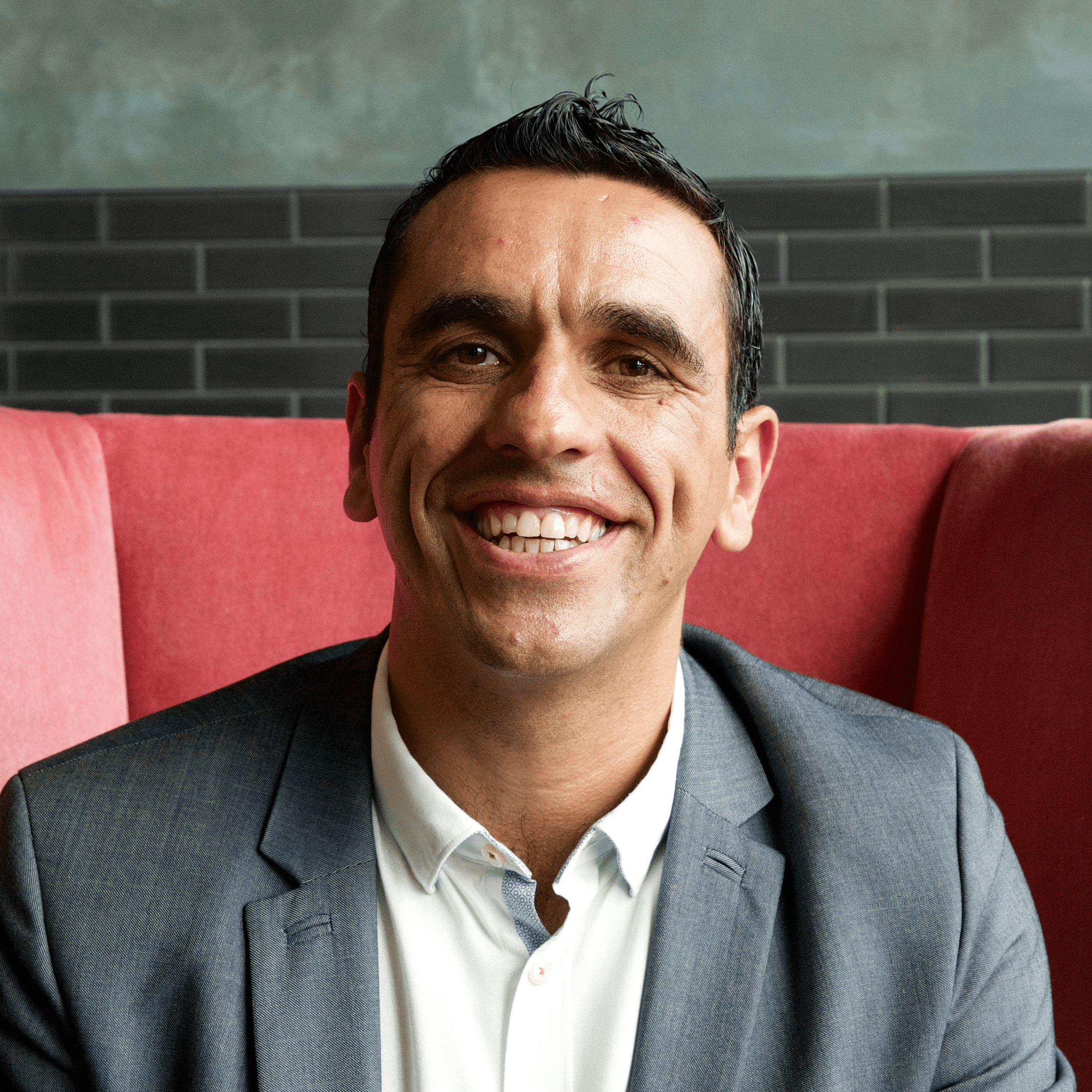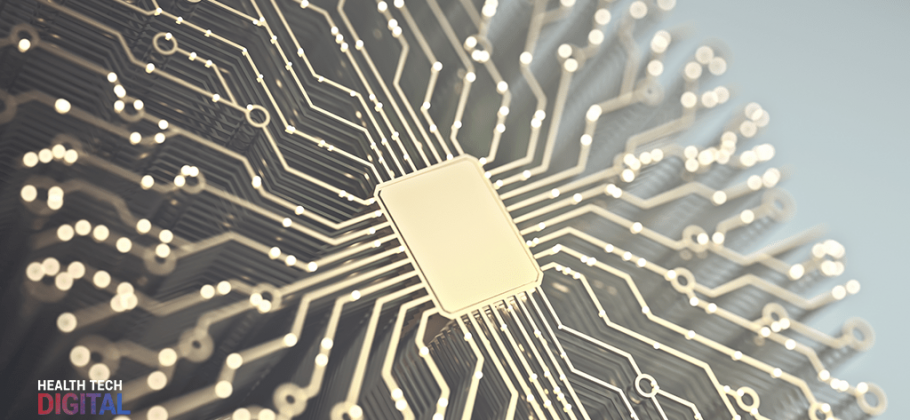A continuous challenge we face is overcoming the resistance to change. It stems from our nature to protect ourselves. When new ideas, innovations or phenomena take hold, they challenge our safe, well-understood status quo and make us feel excessive uncertainty. In globalization, for example, Brexit is the result of a lack of understanding and concern about what a different status quo might mean. We have been resistant to the written word, electricity, cars, autopsies and many other inventions that ultimately led to the world we live in right now.
Artificial intelligence (AI) is one such thing that incites excessive uncertainty both for doctors and patients. Its definitions — “intelligence demonstrated by machines,” “software technologies that make a computer or robot perform equal to or better than normal human computational ability in accuracy, capacity and speed” or “the use of computer programs that have some of the qualities of the human mind, such as the ability to understand languages, recognize pictures and learn from experience”— are scary. They imply that machines could have what makes us unique and strong in this world: our intelligence. This makes us wonder about the future implications. Are we replaceable? Is our data safe? And can we still control those machines?
All valid questions. Moreover, they should be asked to ensure proper conduct and ethics during the development of AI. However, these concerns should not hold us back. It is important to note that overcoming our fears, acting upon our ideas and looking toward the future and all its possibilities have benefited us massively up until now. Ever since the 19th century, following the Age of Enlightenment when the advancement of knowledge, science and technology emerged from thoughts, global life expectancy has doubled. Knowledge, science and technology can help us, and in healthcare — well, we really need it.
I am not telling you something new when I say that our current healthcare system is unsustainable. We face many challenges. Huge amounts of money and time are spent on administration, treatment and in-hospital medical care, and these costs continue to increase. AI can provide us with better quality care while simultaneously decreasing costs. In this change, prevention over treatment stands central.
This is crucial, as we must understand that health is something that happens every day. It is an accumulation of the environment you live in, your lifestyle and the choices you make. If we take a snapshot, once, twice or maybe three times a year, we see the surface of it. We see a moment in time. However, if we could view health continuously, we can see patterns, small changes — health changes.
We can see how a patient changes over time. This insight could enable us to identify risk factors or early indicators of diseases before they have developed. We could then focus on preventing disease rather than treating it. AI can do this through telehealth services. Remote monitoring of all individuals through AI could eliminate current expensive and time-consuming patient screening processes. Moreover, it would scale up the process with a lower margin of error.
Continuing, diagnoses in their current form are not always accurate. Studies suggest that pathologists with unlimited time diagnose very accurately, but when there are time constraints, that accuracy drops significantly. With the shortage of care providers and an increasing number of patients, time will become more scarce.
Adding to this, most diseases are still diagnosed only in advanced stages. When diagnosing from an image, for example, one can see only the surface. One can only diagnose when there are symptoms, and there is only so much the eye can see.
There are, however, small traces that diseases leave and changes they make before they develop. As AI is capable of recognizing patterns, intelligent machines could diagnose a disease before it has grown. An example: A trained computer diagnosed osteoarthritis three years down the line, with the first set of data it got, with 86.2 percent accuracy. This level of precision rises when the computer gets more experience with the data.
Beyond curtailing snapshot healthcare and fueling more accurate and earlier diagnoses, AI could strengthen personalized medicine. It could reduce paperwork through the improvement and innovation of medical solutions. It could enhance and build knowledge and provide a means and purpose to the already massive and increasing amounts of data generated.
AI will be the technology of the future. But it will never replace human traits such as judgement, creativity, empathy and human interaction. And in healthcare, those factors are extremely important.
Of course, as with all new ideas, innovations and phenomena, there are still some challenges ahead. To name a few, we need to ensure proper training of the AI algorithms with large volumes of robust data that have breadth and depth. Such data are, however, hard to access, especially in the healthcare context, where identification concerns, privacy concerns and HIPAA make things difficult. Likewise, regulations differ per country and are vast. We see that healthcare information is siloed. Legacy systems are not built for information exchange, industrywide application-programming interfaces are lacking, and competitive firewalls are in place. Ensuring that AI learns in a way that excludes biases, from social inequality, for example, is also crucial. Data selection and representation is key here. Furthermore, we need to work on connective environments and scaling up the project. Thus, we have our work cut out for us.
We have a lot more to do, but let’s refrain from being resistant to this change. Let’s facilitate an easier and faster path toward better healthcare at a lower cost.
I understand that some might fear AI, thinking it might replace us or force us to do certain things. This is uncertainty talking, the not knowing what to expect from the changed status quo. And as the past has shown us, there is no need to be afraid. We should let humans do what they do well and let machines do what they do well. If so, we can maximize the potential of both. Of course, we worry about our privacy and security. But let’s be honest: The world knows more about the food you eat, your whereabouts each day, your likes and dislikes than whether your doctor knows a specific treatment will actually work for you.
If we can empower ourselves to see more, beyond the constraints with which we were born, than we can do so much more. Even if it is not always comfortable, it is those challenges that define us.

João is a wearables expert and a globally recognized Top 100 Global Digital Health Influencer. His passion lies in helping others, sharing experiences, transferring knowledge, working collaboratively and passing on the latest innovation trends from the digital health world.
As a thought leader in wearables, digital health, IoT and healthcare innovation, including AI (artificial intelligence), robotics and ML (machine learning ). João explores the intersection of technology in modelling business models and shaping consumer behaviour. Also he analyses the impact of disruptive innovations and shares future trends in the marketplace.
He possesses more than 25 years of hands-on experience in Professional Sport and Corporate environments working with senior management, Boards and executive teams. He has worked in Healthcare, Financial Services, Media, Sporting, Third and Public Sector organisations.
He was nominated a Finalist of the Great British Entrepreneurs Awards 2015 and he’s a global advisor and board member of several tech companies.












